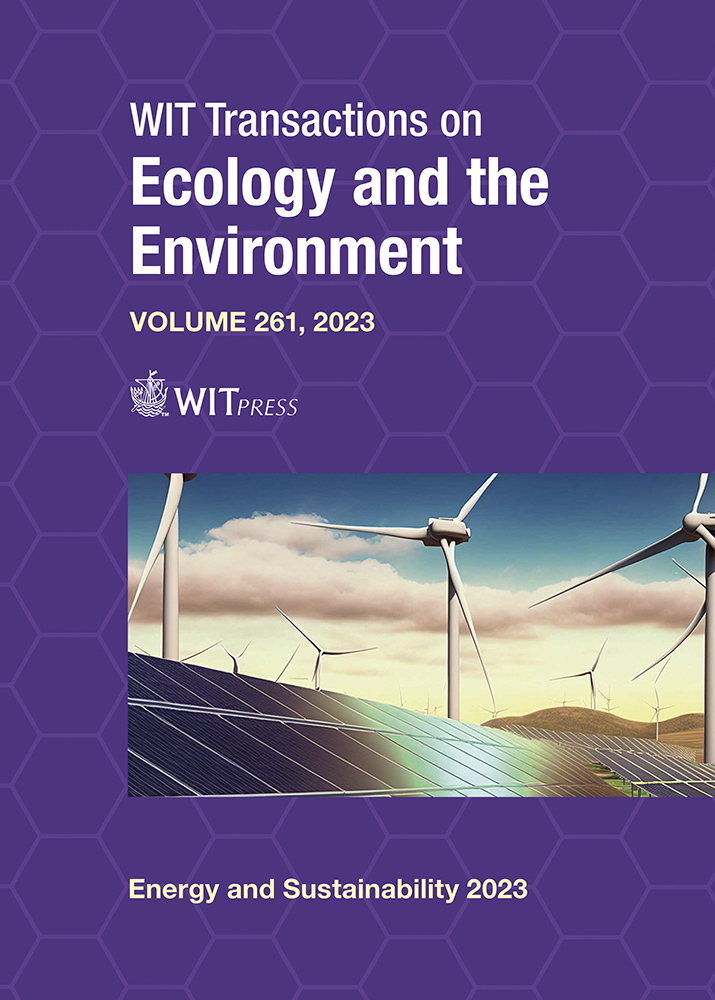PLATFORM FOR MICRO-HYDRO GENERATION IN RURAL AREAS OF ECUADOR
Price
Free (open access)
Transaction
Volume
261
Pages
13
Page Range
177 - 189
Published
2023
Paper DOI
10.2495/ESUS230151
Copyright
Author(s)
MATEO NARVAEZ, EDGAR CANDO, DANIELA PAZ-BARZOLA, KENNY ESCOBAR-SEGOVIA, CARLOS CASTILLO, ROMEL ERAZO, FIDEL CHUCHUCA, ALVARO AGUINAGA
Abstract
Access to electricity is essential for economic development and improving the quality of life, yet many rural communities in Ecuador lack this basic need. Micro-hydro generation has the potential to provide electricity to these communities, but the process of setting up a micro-hydro generation system can be complex and difficult to manage. The present study proposes to address this issue by developing a web platform that provides all the necessary tools and resources for setting up and managing a micro-hydro generation system in rural areas. The platform uses hydraulic potential calculations based on river flow and head to select the most suitable turbine for the community conditions. This methodology has been validated, and a user-friendly graphical interface has been developed to enter the relevant information on hydraulic potential. The platform performs these calculations using Python, proposing a design for the selected turbine that ensures the best performance. One of the key features of the platform is its ability to act as a hub for information exchange between rural communities and experts, promoting a more informed and effective approach to micro-hydro generation. To illustrate the effectiveness of the platform, a case study of the rural communities of Guayllabamba has been presented. This demonstrates how the platform can obtain a suitable Francis turbine for microgeneration that can provide electricity for housing, agriculture, and improve the quality of life of the community. The results show the components that will be included in the beta version of the web platform, which will facilitate the selection of the most suitable turbine for micro-hydro generation, design implementation, and estimation of the hydraulic potential of a given area based on input parameters and satellite imagery. This effort represents a crucial step towards promoting sustainable energy solutions in rural areas and contributing to a more sustainable energy future for the country.
Keywords
renewable energy, micro hydro generation, rural areas, web platform, sustainable energy solutions





